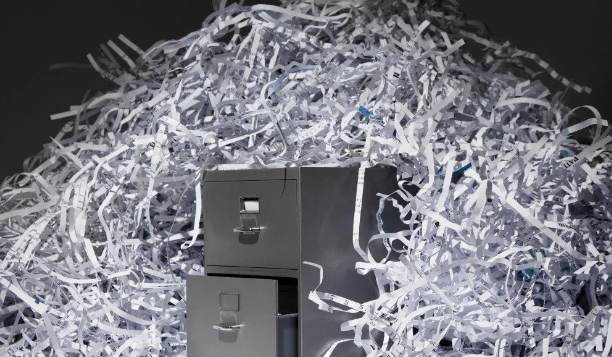DECODING THE PERFECT SHELF LIFE: HOW LONG SHOULD YOU STORE IMPORTANT DOCUMENTS?

This day and age, where information is often stored online and cloud-based platforms have become the norm, it’s easy to overlook the importance of preserving physical copies of essential documents. However, certain documents remain crucial for legal, financial, and personal reasons. The question arises: How long should we keep these vital records? In this blog post, we will explore the proper length of time to store important documents, helping you strike the right balance between clutter and preparedness.
- The importance of document retention: Document retention plays a vital role in personal and professional spheres. By preserving key documents, individuals and organizations ensure compliance with legal requirements, facilitate financial record-keeping, safeguard against identity theft or fraud, and maintain a historical archive of personal milestones and achievements. However, excessive document hoarding can lead to unnecessary clutter, making it essential to understand which documents to keep and for how long.
- Personal documents: a. Identification documents: Documents such as birth certificates, passports, and Social Security cards should be kept for as long as they are valid. However, retaining expired identification documents can be beneficial for future reference and historical purposes. b. Financial records: Keep tax returns and supporting documentation for at least seven years, as the Internal Revenue Service (IRS) can audit returns within this timeframe. Bank statements, investment records, and loan agreements can typically be discarded after a year, unless they are required for legal purposes. c. Property-related documents: Hold onto property deeds, mortgage papers, and home improvement records for as long as you own the property. These documents are essential for legal disputes, selling, or refinancing. d. Estate planning documents: Wills, trust documents, and power of attorney papers should be preserved indefinitely. Ensure these documents are regularly updated to reflect any changes in your circumstances or preferences.
- Business and organizational documents: a. Legal and corporate records: Articles of incorporation, business licenses, contracts, and legal agreements should be retained for the duration of the entity’s existence. These documents serve as a historical reference and may be required for audits, litigation, or due diligence processes. b. Financial records: Financial statements, payroll records, tax filings, and employee records should typically be retained for a minimum of seven years, as per legal and regulatory requirements. c. Insurance policies: Keep copies of active insurance policies for as long as they are in effect. Retaining expired policies can provide valuable coverage history if needed. d. Intellectual property documents: Patents, trademarks, and copyright registrations should be preserved for the duration of their validity to protect your rights and facilitate enforcement if necessary.
- Secure storage and disposal: When it comes to storing important documents, security is paramount. Consider using fireproof safes, lockable filing cabinets, or safety deposit boxes to protect physical copies from theft, damage, or natural disasters. For digital documents, encrypted cloud storage and regular backups are recommended. When disposing of sensitive information, opt for shredding physical documents and securely deleting digital files to prevent unauthorized access.
Contact Us Today For a FREE Estimate!
